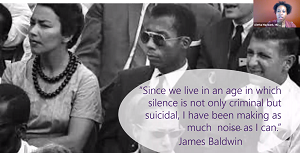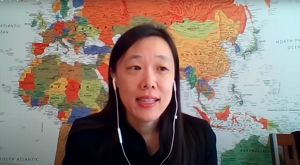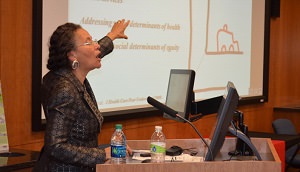
AMA webinar: Impact of Racism on Medicine & Public Health
Aletha Mayank, MD, MPH, AMA's Chief Health Equity Officer and Group Vice President, discusses the roles institutions have played in racism and other forms of oppression and how medical societies can make significant and lasting change.

AMA video series: Prioritizing Equity
The Prioritizing Equity series illuminates how COVID-19 and other determinants of health uniquely impact marginalized communities, public health and health equity, with an eye on both short-term and long-term implication.

Dr. Camara Jones Explains the Cliff of Good Health
We need to address the social determinants of health and equity that protect some people and push others off the cliff. The Urban Institute collaborated with Jones to illustrate her analogy of the cliff of good health.

TED Talk: How Racism Makes Us Sick
In this eye-opening talk, David R. Williams presents evidence for how racism is producing a rigged system -- and offers hopeful examples of programs across the US that are working to dismantle discrimination.

The US Medical System Is Still Haunted by Slavery
Black women's history matters in medicine. The US is the most dangerous industrialized country in which to give birth, and racial disparities in maternal mortality make it even worse for women of color.